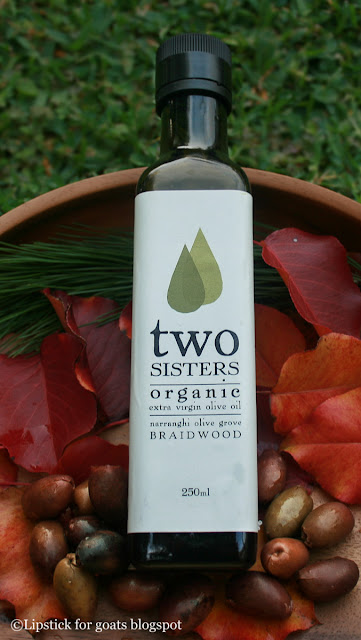Kerry is such an organised woman with her well planned map of the grove with every tree numbered, row by row. I am sure she knows each individual tree and whether it is a dud or a darling.
Anyone who wants to cultivate olives must have a patient personality, that counts me out! A tree takes over seven years to show its first fruiting and then it won’t be until it is 15 to 20 years old before bearing at its best.
The olive trees require a lot of work, they must be properly pruned to insure the fullest possible exposure to the sun’s rays.
Pruning aficionado Paul.
Once one job is finished a
new job on the trees demands attention, whether it be spraying for lace bugs or
sooty mould, or constantly checking the irrigation lines haven't been pulled out by the pesky rabbits.
Picking begins after the olives have been nipped
by the first cold of winter, the fruit
can be harvested when it is green and unripe, fully ripened to black or any
stage in between but no matter at what stage of ripeness all olives need to be processed before they can be eaten, I believe they taste dreadful 'raw'. I wasn't falling for Paul's cheeky joke to a rookie picker that I could eat as many olives as I wanted while picking.
There are no mechanical harvesters at
Narranghi Olive Grove, it is all done lovingly by hand and lots of loving hands are needed when a grove consists of 700 trees! I am told the mechanical harvesters used by some large commercial growers, grasp the tree by the trunk then shake the bejings out of it to drop the olives, however, the trees are sensitive to being so assaulted, therefore many boutique growers prefer to hand harvest.
When olives are harvested by hand, sheets of
netting are placed on the ground under the trees to catch the fruit.
A sort of milking motion is employed to strip the fruit from the trees. When we weren't talking and laughing I found the hand picking puts one into a meditative, calming zone. The hardest thing about picking is to be aware of where your feet are so you are not prematurely squishing the olives on the net.
For those higher branches a long handled plastic rake is used to comb the fruit out. Wendy was determined to get to those olives at the top of the tree.
After
harvesting of a tree's crop is completed, the nets filled with olives are
emptied into crates, which are then taken to be processed.
They are highly perishable commodities, souring
easily, so that they must be pressed as soon after picking as possible. Narranghi Grove have their own processing plant.
End of the picking day as the sun sets over Narranghi Olive Grove, an amazingly beautiful setting.
What a great weekend I had, with a humourous, congenial bunch of people who made me feel very welcome. I might just invite myself again next year!










No comments:
Post a Comment